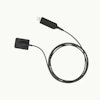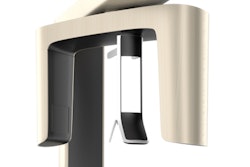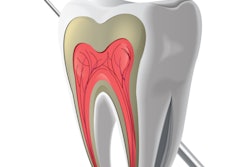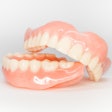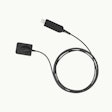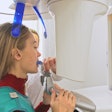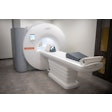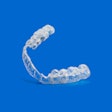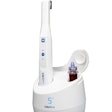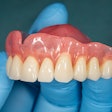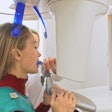Dear Imaging Insider,
When creating a treatment plan for impacted maxillary canines, conventional radiographs will likely work fine for most cases. But if a case is particularly difficult to diagnose in the initial evaluation, a cone-beam CT (CBCT) scan may be the better option, according to a new systematic review. Find out more in our Insider Exclusive.
In other Imaging Community news, another recent study also compared radiographs with CBCT images, focusing on which modality should be used when examining images of a tooth and identifying possible cracks. This study in PLOS One also asked if an endodontist or a radiologist was better trained to identify these cracks. What did the study find? Learn more here.
Keeping the focus on CBCT images, a third study looked at whether these images can influence treatment planning, especially in difficult endodontic cases. A treatment plan is based on experience and clinical and diagnostic information, but do the images from a CBCT scan actually influence how a specialist proceeds? The results of a new study might make you consider what imaging tool you use. Learn more here.
In their latest Legal Cases series, William S. Spiegel and Dr. Marc R. Leffler relate a case involving a 23-year-old woman who presented to a general dentist for a routine exam with no radiographic evidence of decay. Yet on clinical examination, the dentist found that his explorer stuck on the occlusal surfaces of the patient's posterior teeth and recommended treatment. As the authors write, finding a way to document justification for clinical treatment is crucial. Read their case here.
Also in the Imaging Community, you'll find the following recent imaging industry news:
- LED Medical Diagnostics has completed the acquisition of Apteryx, a software development company.
- Carestream Dental announced that its CS 3600 intraoral scanner has been approved for use with 3M's Incognito appliance system for orthodontic treatment.
- 3D printing company 3D Systems has acquired Vertex-Dental, the manufacturer of traditional and 3D printing dental materials under the Vertex and NextDent brands.
- Microcopy has introduced new articulation film.


